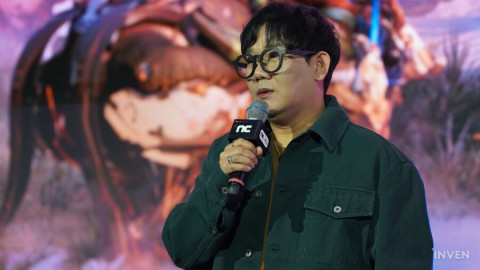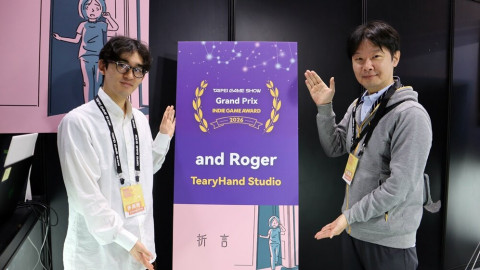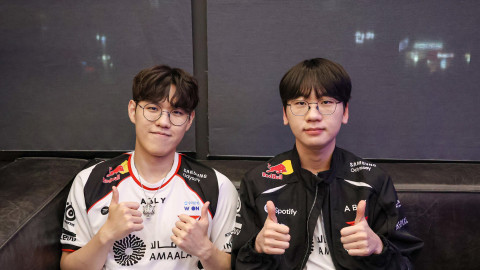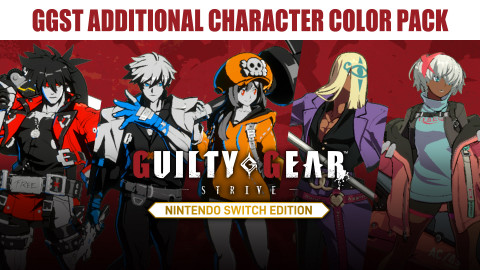
Disclaimer : The following article was written freely based on the author's opinion, and it may not necessarily represent Inven Global's editorial stance.
Single-player games don’t change. The copy of The Legend of Zelda: Ocarina of Time that you played in middle school will be the exact same game if you pop it into your Nintendo 64 today. Its eccentricities, story, and its bugs will be just as you remember them. Even with the prevalence of game updates and patches in 2017, you can still be fairly certain that the single-player game you played will remain static even years after its initial launch. It creates a sense of ownership and peace-of-mind, knowing that the title you love will remain that way essentially forever.
But over the last decade or so, as internet connectivity in games has become almost expected, multiplayer features have managed to creep into nearly every genre. Some series, such as Rainbow Six and Ghost Recon, have even reinvented themselves with competitive and cooperative gameplay as their main focus. It creates new and innovative game experiences that build on what designers were able to do previously, but this shift to community-dependent gameplay has taken control out of the hands of creators and put it in the hands of the players. Some of the time, this works out just fine. There are plenty of popular games available now with friendly, welcoming communities of players that make playing even more fun. But other games’ communities have grown so toxic and closed-off that they work to undermine the dedication and love that initially went into crafting them.

After Ubisoft’s E3 presentation, I had Splinter Cell on my mind. The company had once again left the series out of its conference, but I was in dire need of some Tom Clancy action to fill the void it had left. I decided to return to Rainbow Six Siege, a game I had only played briefly when it launched in 2015. Sure, I would be behind the curve when it came to tactics and lining up shots, but it would only be a matter of time before I had caught up to everyone else. I decided to start with the final campaign mission, a cooperative affair that forces players to use everything they had learned in a deadly assault.
Less than a minute into the game, one of my teammates shot me in the head, and the match quickly came to a close. I entered a different lobby and tried again. This time, my teammates all moved forward toward the mission objective – except for one player. I stared at him for a few seconds. He shot me in the head. What began as a 15-minute mission that I only needed for a few story details turned into almost an hour, and I hadn’t even entered competitive play yet.

Once I did try out a player-versus-player multiplayer match, things got even worse. Teammates attempted to kick me from the “casual” mode because they could tell I was getting acclimated to the various equipment. One “teammate” even killed me before a round started. He then invited me to a private chat to let me know how terrible I was at the game.
I don’t have time for this, and I have a hard time believing that very many new players do, either. If Ubisoft plans to hold off on a sequel in favor of its seasonal content approach for Rainbow Six Siege, the game isn’t going to see its player-base grow much more. The veterans who have grown accustomed to the toxicity will stick around, but there comes a point when just about everyone will have enough of being called every slur in the book.
It’s too late for a game like Rainbow Six Siege to drastically change its communication system, but steps can still be taken to improve the player experience. A reporting feature is currently in the game and can be used at any time on other players, but it’s limited to cheating – drawing attention to anyone who might be using an exploit. Having a similar system in place to report harassment or team-killing could go a long way toward making the game more pleasant.

For all of Nintendo’s woes with online infrastructure over the years, the recently released Splatoon 2 found a way around this problem. Without the use of a dedicated smartphone app, voice chat is impossible, replaced by simple pre-set phrases that players can use to direct their teammates. It’s a drastic step, for sure, meant to keep the game clean for younger players, but friends who still want to voice-chat can find their own way to do so. Thanks to the game’s brilliant in-game art tool, players can still share their thoughts, no matter how strange, with those around them.
But it isn’t necessary to automatically abandon all voice-chat-enabled online games just because of a few bad apples. I fear that Rainbow Six Siege might be too far gone to save, but several other online communities have remained friendly and welcoming. Plants vs. Zombies: Garden Warfare 2 typically remains free of vulgarity, likely because the adults know that kids are playing, while I’ve never had a bad experience in Titanfall 2. On the contrary, I even made a few friends during my time in multiplayer, and we used voice chat to quickly relay information to each other without stressing about winning every single match.
It would be wonderful if everyone could just follow “Wheaton’s Law.” I’ve occasionally blown up when playing with inept teammates, myself, but it takes more effort to attack another person with a headset than it does to simply sit back and enjoy the game. As games continue to grow and break away from their niche beginnings, we can’t expect to be treated with respect if we don’t already respect each other. Video game communities have a remarkable ability to shape and enhance what the developers created, but it’s just as easy for the community to destroy a game. Perhaps a day will come when software enables games to instantly mute anyone using abusive language, but until then, players need to have respect for not just others, but also themselves. No one deserves to be treated that way.

Sort by:
Comments :0






